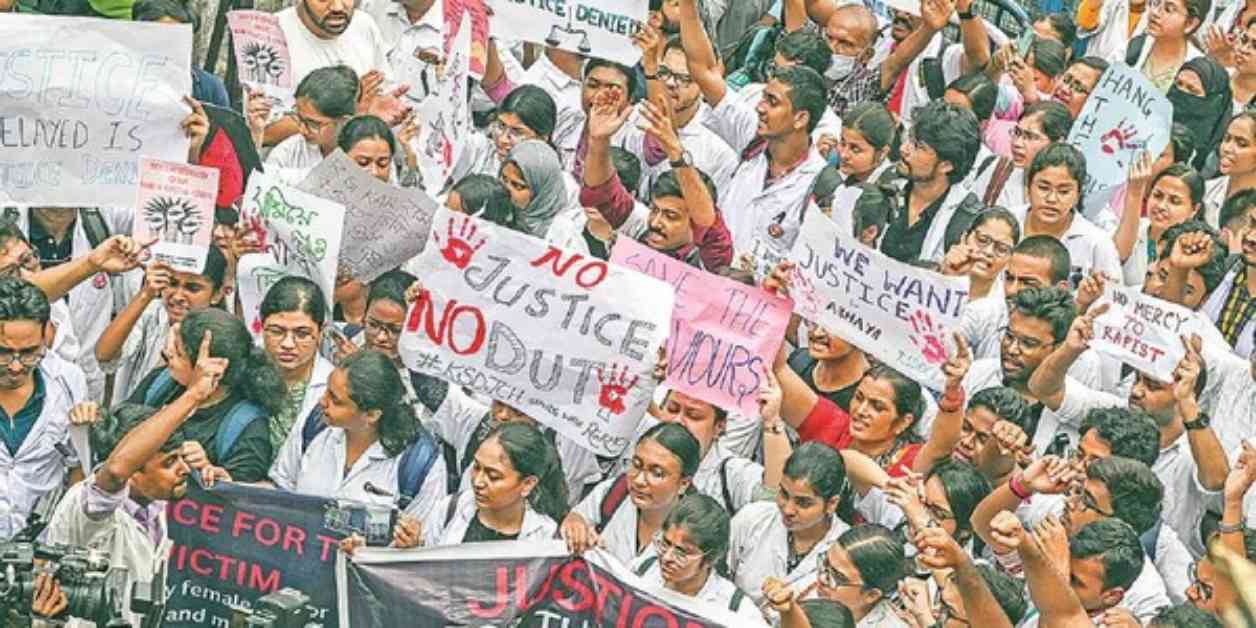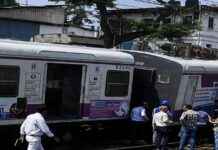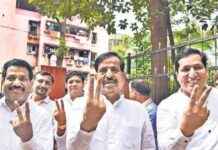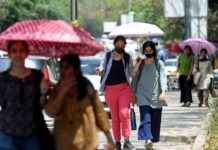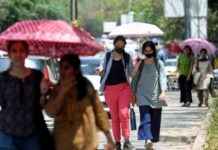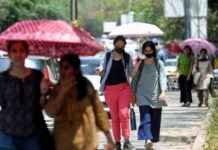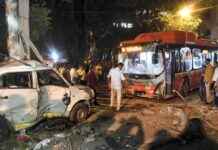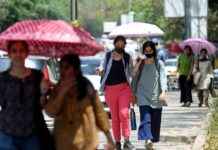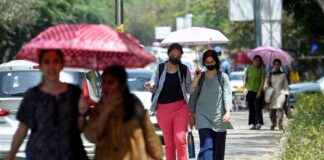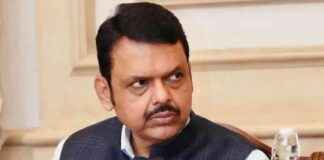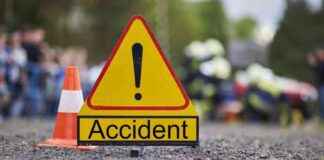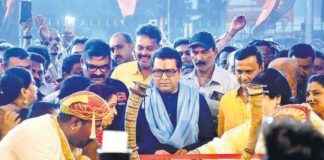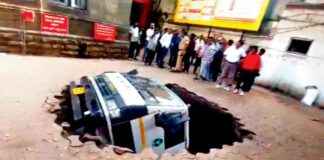Doctors in Kolkata Continue Strike Despite Partial Victory
Junior doctors in West Bengal are standing firm in their demands for more action from the state government, despite what they consider a partial victory in recent developments. The protests, which have been ongoing amid the backdrop of the Kolkata rape-murder case, have garnered significant attention and support from medical professionals and students alike.
The latest developments saw the state government appointing a new police commissioner for Kolkata and removing two senior health department officials in response to the doctors’ demands. However, the doctors remain resolute in their decision to continue the cease-work strike until all of their demands are fully met, as reported by the Press Trust of India.
Unresolved Issues Prompt Doctors to Request Further Dialogue
At a general body meeting held on Wednesday, the junior doctors decided to request another meeting with Chief Minister Mamata Banerjee to address unresolved issues. They also announced plans to reach out to Chief Secretary Manoj Pant via email in order to seek further dialogue with Banerjee on critical matters concerning the healthcare system in West Bengal.
Among the key concerns raised by the doctors is the need for a promised Rs 100 crore fund to enhance security in government hospitals. They emphasized that without significant improvements in the public healthcare delivery system, effective security measures would be challenging to implement. The doctors also called for reforms such as the appointment of health workers, patient counsellors, and mechanisms to prevent corruption in hospital admissions.
Doctors Push for Task Force and Representation in Policy-Making
In addition to their demands for improved security and reforms within the healthcare system, the junior doctors have called for the immediate formation of a task force led by the chief secretary to address issues within medical colleges. They reiterated their calls for the implementation of student body elections and the representation of junior doctors in policy-making bodies within these institutions.
The doctors are adamant about the need for meaningful reforms that go beyond temporary fixes, emphasizing the importance of sustained efforts to ensure the safety and well-being of healthcare workers. They are determined to continue their strike until concrete steps are taken to address the systemic issues that have plagued the healthcare sector in West Bengal.
As the standoff between the doctors and the state government continues, the public’s access to medical services remains disrupted, underscoring the urgency of finding a resolution to the ongoing crisis. The doctors’ unwavering commitment to their cause reflects a broader sentiment among healthcare professionals who are calling for lasting changes to improve the quality of care and safety in the state’s medical facilities.
Despite the challenges and setbacks faced by the doctors in their fight for better working conditions and security, their resilience and unity have been a source of inspiration for many. The ongoing protests serve as a reminder of the critical role that healthcare professionals play in society and the need to prioritize their well-being and safety in the face of mounting challenges.
In the coming days, all eyes will be on the negotiations between the doctors and the state government as they seek to find common ground and address the pressing issues at hand. The outcome of these discussions will not only shape the future of healthcare in West Bengal but also set a precedent for how grievances within the medical community are addressed and resolved in the state.
